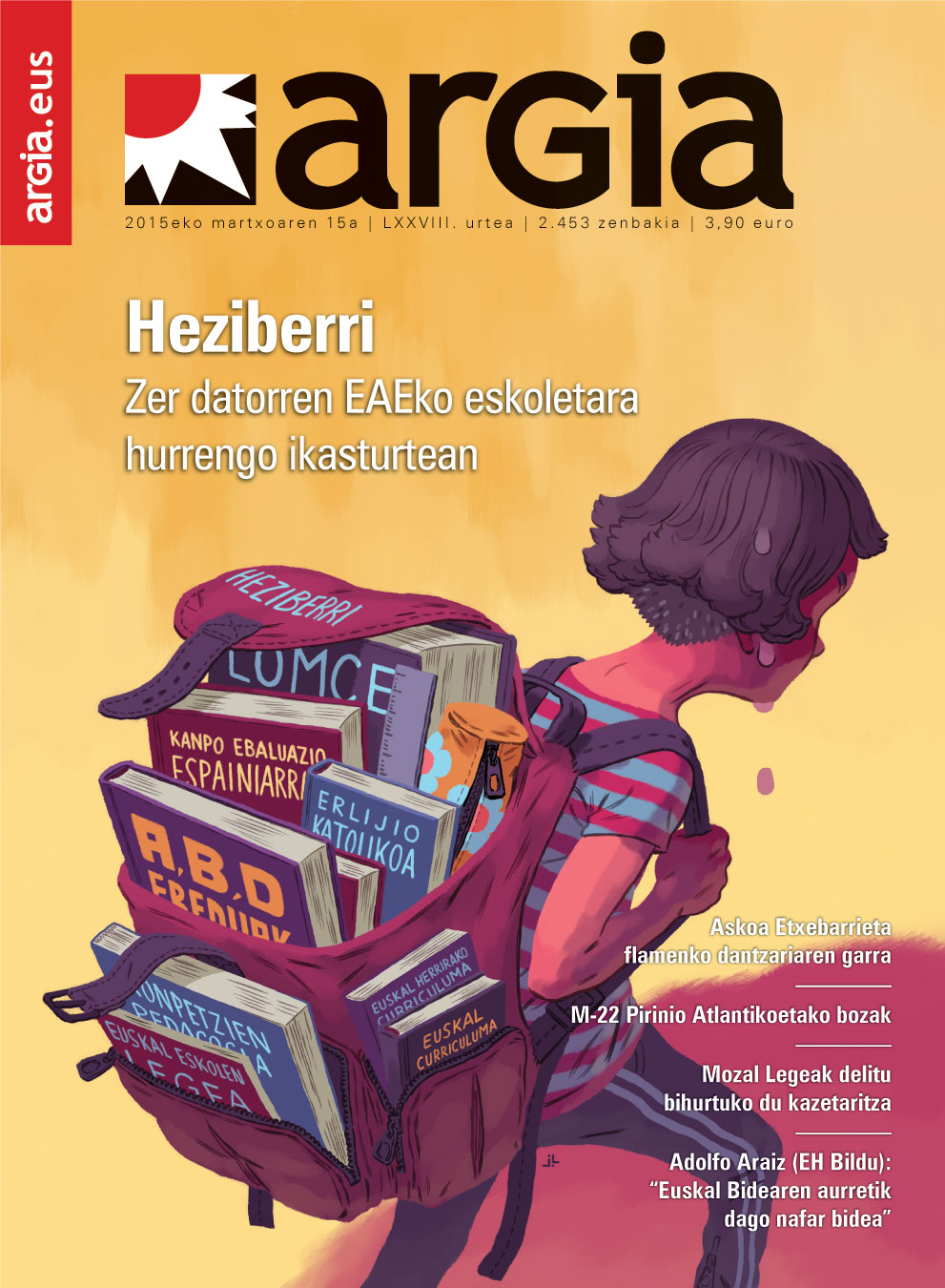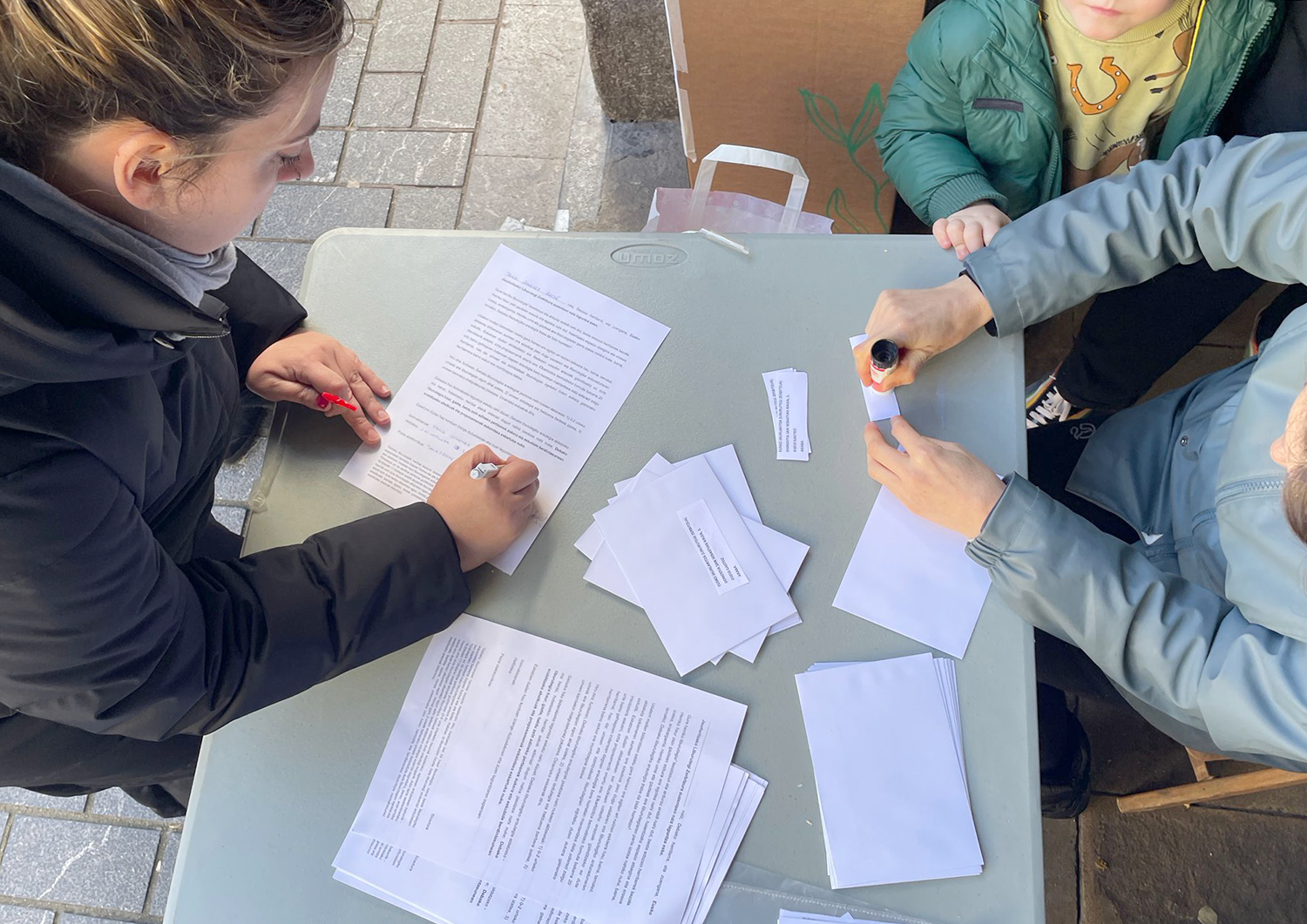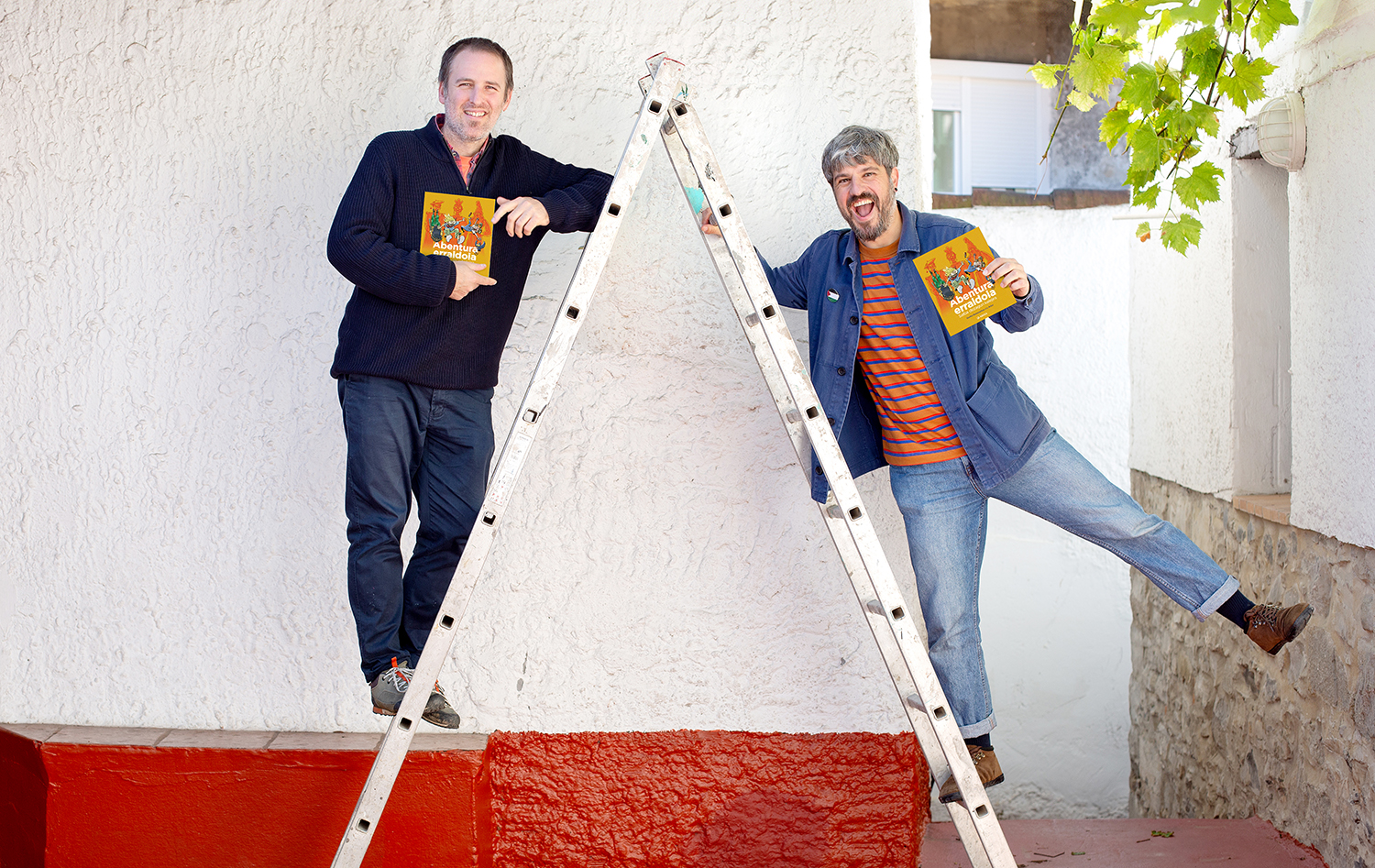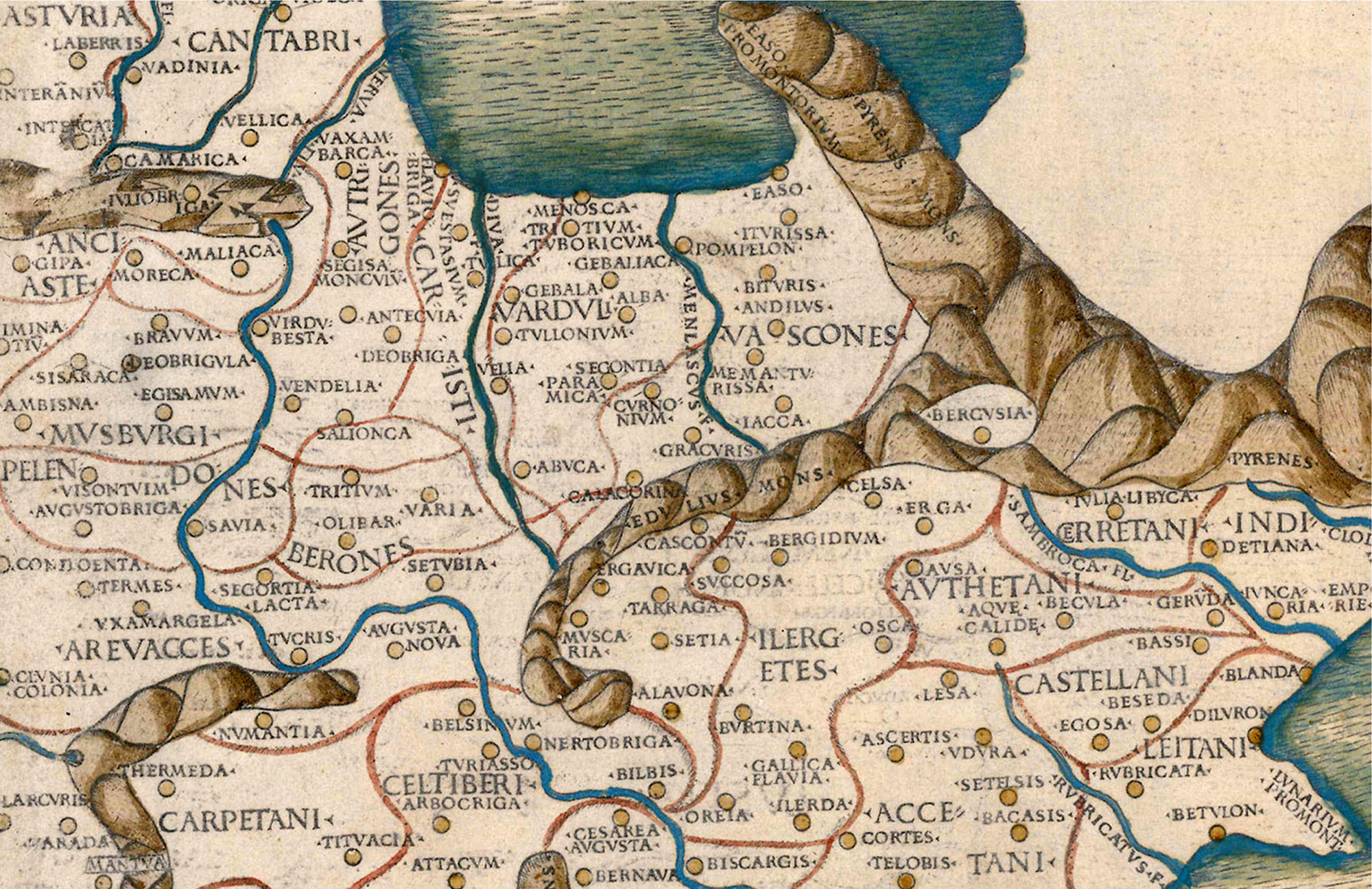
From the narration of force to the force of the story, here is the last stream of the great Basque essayist of Altzo. A strong book that requires a paused reading. My first idea is finished: you're forced to read, that is, you have an essay that you need to get to understand what we are.
“There are three types of violas,” we read Johan Galtungi among the many quotes in the book. “The first is, basically, permanent cultural violence, the justification of the other two. Secondly, it would be a structural violence as a process: legally articulated, anonymous and implicit. The third is direct, visible and disturbing violence that is reflected as a fact.”
The main feature of the book is that it is based on the opinions of people who have reflected on violence, both those thinking and those who have suffered it directly.
Agile judgments are made on the subject: when talking about violence, it is usually said lightly, that is, that “it comes from what comes” is always the same. In other words, it forces us to make agile judgments about violence, who exercises it.
Violence and peace: as the world is, rational animals have forcefully imposed peace, as well as the “celestial democracy” of the modern era. And also “accept” it by the Earthlings that we suffer violence. Peace based on structural violence.
Structural violence and ETA violence: if the former is political, then the latter too. The fact is that, as the structural is what has been established in times of peace, violence against women in times of peace wants to be forced to give up their political ideological base, by those who have the monopoly of violence. States.
State and power: if the basis of today's democracy is violent, if the nature of power is violent, how can we build a state without giving up our existence? Joxe Manuel Odriozola has twisted eleven threads for the debate. “Being a state or building a state.” That's the dilemma or debate between different thinkers. Is it a state problem? For the victor, no. For the win?
Basque democracy, ethics and morality: Is it possible to distinguish between human history, including modern history, based on violence, violence as “bad” and “good”? What weight does religion have in us, in humans and in Basques? Is the new religion of the Westerners democracy?
To the force of the story: Is the Basque a political issue? Or the cultural problem that has caught us with impossible politics, democracy or democracy? An insurmountable cultural problem? A premise: “Let the violence we have had to endure in Euskal Herria never happen again.” How can we not fall into the manners of those who exercise the monopoly of force?
History did not begin, however, in the modern era: that is, before modern states, there were states. The one in Navarre, for example, is that of the Euskaldunes. Conquest, occupation and assimilation. Are we because we have been? What did we do? Did the Basque state guarantee Euskaldunity? Or does it guarantee it? In other words, is the State an instrument or an end? History and memory are the constructs of our being, also personality, intelligence and creation.
State, person, sociology, psychology: Joxe Manuel Odriozola, besides being a travel companion of Max Weber, in the state of the person and society, also has as a travel companion to Sigmund Freud. That is, consciousness and unconsciousness, are both at the base of our being. They're not the only thinkers to stand out. In the books you have personal opinions of relatives and those who think about Euskera.
From the account of force, this is a courageous session to the force of the story. For everyone who speaks of fire must be brave, by chance. Antidote is very good at understanding violence. Moreover, reason and emotiveness are foods of the violent nature of the human being. You'll have a proper essay to learn how to dismantle this violent condition. And by the way, in the hope that the century of the Basque lights will one day crumble to build the identity of the Basques.
Party and recreation. Oral History of Rock Radical Vasco
Javier 'Jerry' Corral
Books, 2025
------------------------------------------------
Javier Corral ‘Jerry’ was a student of the first Journalism Promotion of the UPV, along with many other well-known names who have... [+]






















